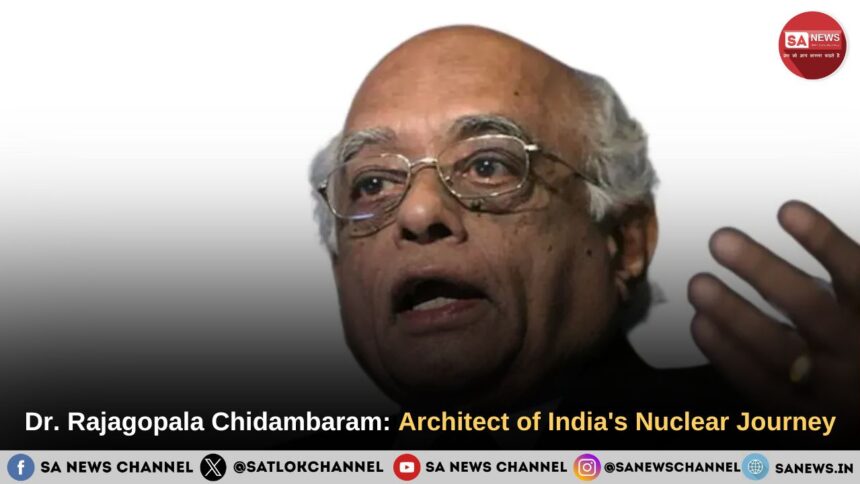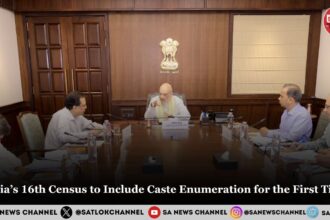Discover the legacy of Dr. Rajagopala Chidambaram, a pioneer of India’s nuclear program. Learn about his role in the Pokhran tests and his contributions to science and technology
Early Life and Education
Dr. Rajagopala Chidambaram was born on November 12, 1936, in Chennai, India. A brilliant student from a young age, he pursued a degree in physics at Madras University and subsequently earned his Ph.D. from the Indian Institute of Science in Bangalore. His early academic prowess set the stage for a distinguished career that would leave an indelible mark on India’s scientific landscape.
Contributions to India’s Nuclear Program
Dr. Chidambaram is best known for his pivotal role in India’s nuclear program. He was a key architect of both the 1974 Pokhran-I (Smiling Buddha) and the 1998 Pokhran-II (Operation Shakti) nuclear tests. These tests were critical in establishing India as a nuclear power, significantly enhancing the country’s strategic and defense capabilities.
As the Director of the Bhabha Atomic Research Centre (BARC) from 1990 to 1993, Dr. Chidambaram played a crucial role in advancing India’s nuclear research and development. His leadership at BARC was marked by a commitment to scientific excellence and innovation.
Leadership and Legacy
Dr. Chidambaram held several prestigious positions throughout his career, including Chairman of the Atomic Energy Commission and Principal Scientific Adviser to the Government of India. In these roles, he was instrumental in shaping India’s scientific policies and promoting research and development across various fields.
Also Read: The Alarming Rise of Drug Addiction
Beyond his contributions to nuclear science, Dr. Chidambaram also spearheaded initiatives such as the National Knowledge Network, which aimed to connect research institutions across India, and the Rural Technology Action Groups, which focused on bringing advanced technologies to rural communities. His vision for a technologically advanced and self-reliant India was evident in all his endeavors.
Recognition and Awards
Dr. Chidambaram’s contributions to science and technology were widely recognized. He received numerous awards and honors, including the Padma Shri in 1975, the Padma Bhushan in 1986, and the Padma Vibhushan in 1999, which are among India’s highest civilian awards. These accolades reflected his immense contributions to the nation and the field of science.
Personal Reflections and Impact
Dr. Chidambaram was known not only for his scientific acumen but also for his humility and dedication to mentoring young scientists. He believed in the power of education and innovation to drive national progress and was a strong advocate for scientific collaboration and knowledge sharing.
Conclusion
Dr. Rajagopala Chidambaram’s legacy as a scientist, leader, and visionary will continue to inspire future generations. His contributions to India’s nuclear program and his commitment to advancing science and technology have left an enduring impact on the nation. As India continues to forge its path in the global scientific arena, Dr. Chidambaram’s work will remain a cornerstone of its achievements and aspirations.
Sant Rampal Ji teaches that life is impermanent and death is inevitable, urging followers to focus on spiritual growth and devotion to attain liberation. He emphasizes that true peace comes from understanding the transient nature of existence and preparing for the afterlife through righteous living and devotion to a true Guru.









